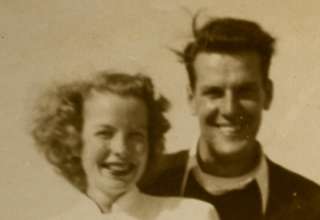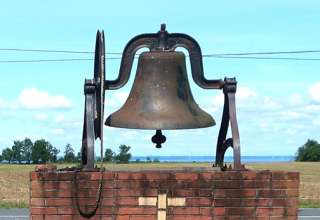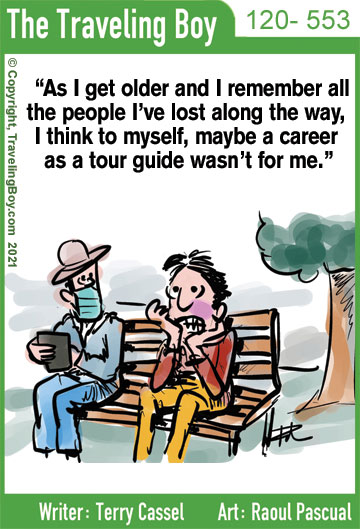Olivia Hooker: Tulsa Race Riot Survivor Dies Aged 103
Courtesy www.bbc.com/news/world/us_and_canada
Ms Olivia Hooker, who died on Wednesday at home in White Plains, New York, thousands of miles and almost 100 years away from the riots in Tulsa, was born in Muskogee, Oklahoma, in February 1915. By the time she was six, the family had moved to Tulsa, where her father had “a very nice store” which “didn’t carry shoddy things.” They lived in Greenwood, an affluent African-American area known as “Black Wall Street.” But on 31 May, 1921, it would become the scene of America’s worst race riot – sparked by rumors a black man had assaulted a white woman in a lift.
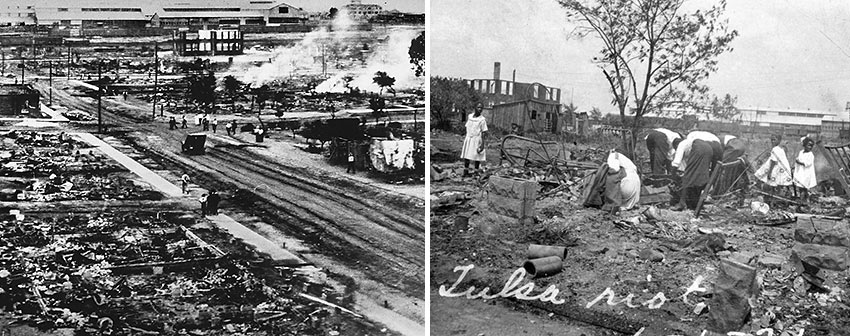
The first Ms Hooker knew of it was when she saw men carrying burning torches entering their back garden. It was then, she told US radio network NPR, her mother hid Ms Hooker and her three siblings under a table.
The mob destroyed the piano, and her dolls’ clothes, but that was not what Ms Hooker was most affected by the day she would later refer to as “the terrible catastrophe in Tulsa.” “To me, I guess the most shocking thing was seeing people to whom you had never done anything to irritate, who just took it upon themselves to destroy your property because they didn’t want you to have those things, and they were teaching you a lesson,” she told NPR. Her family did not stay in Tulsa after the riot. Instead, they moved somewhere the children could grow up safely, with Ms Hooker eventually qualifying as a teacher with a degree from Ohio State University.
And then, with World War II raging around them, President Franklin D Roosevelt opened up the female military corps to minorities.
Ms Hooker knew exactly what she had to do: initially rejected by the Navy’s Women’s Reserve, she joined the Coast Guard’s Women’s Reserve, known as Spars, in 1945.
She was the first black woman to do so.
“It was not easy for Miss Hooker to take the step of enlistment,” recruiter Lt Margaret Tighe would write on her enlistment. “She is the first Negro woman to be accepted by the Spars, and is in full realization of this fact. She feels a sincere desire to serve and further feels that she is opening a field for the young women of her own race.”
However, it seems Ms Hooker had other worries on her mind.
“I wasn’t telling my mother because I thought she would fly off the handle,” she told Google earlier this year.
“When the day came, I said mum, let’s have a cup of tea. To my amazement, she said, if I were a young lady, I would have been in long ago.”
Her role mostly involved “preparing discharges for the numerous Coast Guardsmen returning from the war and rejoining civilian life,” the Coast Guard explained.
By the next year, the Spars were disbanded. But her time in the coastguard began to open other doors. Thanks to her GI benefits, she was able to get a masters from Columbia University, followed by a PhD in psychology from the University of Rochester.
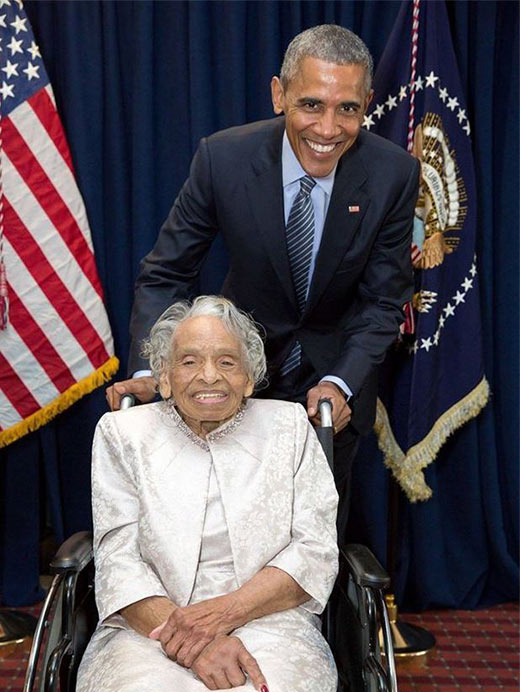
Later, in the 1960s, she began to work as a professor at New York’s Fordham University.
Then, in 1997, she was a founding member of the Tulsa Race Riot Commission. Four years later, the commission’s findings would pave the way to finally acknowledging the true scale of what happened in Greenwood.
It is of little surprise then that former President Barack Obama would describe her as “an inspiration” in 2015.
“She has been a professor and mentor to her students, a passionate advocate for Americans with disabilities, a psychologist counseling young children, a caregiver at the height of the AIDS epidemic, a tireless voice for justice and equality,” Mr. Obama told the Coast Guard’s class of 2015 as she sat in the front row.
Indeed, this was a woman who took up volunteering with the Coast Guard Auxiliary aged 95, still speaking to journalists about her remarkable life – and the lessons it held – into her 103rd year.
As for what kept her going, Ms Hooker had a simple answer: “It’s not about you, or me. It’s about what we can give to this world.”
Racism by Scott Woods
“The problem is that white people see racism as conscious hate, when racism is bigger than that. Racism is a complex system of social and political levers and pulleys set up generations ago to continue working on the behalf of whites at other people’s expense, whether whites know/like it or not. Racism is an insidious cultural disease. It is so insidious that it doesn’t care if you are a white person who likes black people; it’s still going to find a way to infect how you deal with people who don’t look like you. Yes, racism looks like hate, but hate is just one manifestation. Privilege is another. Access is another. Ignorance is another. Apathy is another. And so on. So while I agree with people who say no one is born racist, it remains a powerful system that we’re immediately born into. It’s like being born into air: you take it in as soon as you breathe. It’s not a cold that you can get over. There is no anti-racist certification class. It’s a set of socioeconomic traps and cultural values that are fired up every time we interact with the world. It is a thing you have to keep scooping out of the boat of your life to keep from drowning in it. I know it’s hard work, but it’s the price you pay for owning everything.”
— Scott Woods





